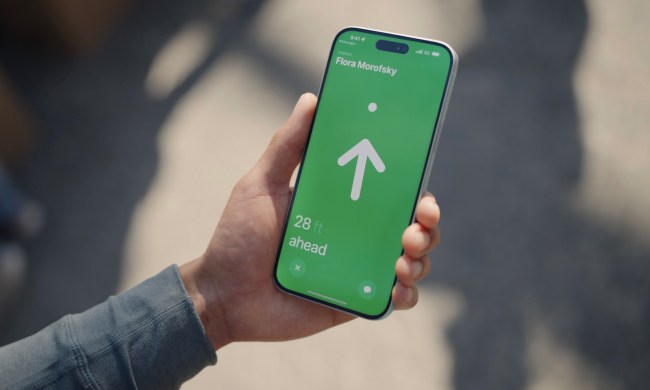Little George Johnson’s love of Sega’s Sonic Forces ended with his mom staring at a $16,000 bill for in-app purchases.
Jessica Johnson, a real estate broker from Wilton, Connecticut, said her six-year-old son’s shopping spree on the family’s iPad took place in July, though it was only a couple of months ago that she realized what was happening.
As per the New York Post: “George bought add-on boosters — starting with $1.99 red rings and moving up to $99.99 gold rings — that allowed him to access new characters and more speed, spending hundreds of bucks at a time.”
Apple — as well as Google and Amazon — got into trouble a few years back for failing to put enough safeguards in place to prevent children from going on unauthorized shopping expeditions in their respective app stores. Both companies have since enacted a slew of measures that have led to a drastic reduction in such incidents.
So what happened in George’s case? Well, mom Jessica failed to turn on the appropriate settings on her account because, she said, she wasn’t aware of them.
“Obviously, if I had known there was a setting for that, I wouldn’t have allowed my six-year-old to run up nearly $20,000 in charges for virtual gold rings,” Johnson told the Post.
When she first saw various transactions in her account for hundreds of dollars each, Johnson called her bank, but she said that it made no mention of them being linked to a game.
With the payment demands still rolling in, George’s mom later filed a fraud claim with her bank, at which point she was told to get in touch with Apple.
An Apple agent went through a detailed list of all the charges, with Jessica Johnson finally realizing that George was behind the payments.
According to Johnson, Apple wouldn’t give her a refund because such claims need to be made within 60 days of purchase.
“My son didn’t understand that the money was real,” she told the Post. “He’s playing a cartoon game in a world that he knows is not real. Why would the money be real to him? That would require a big cognitive leap.”
Digital Trends has reached out to Apple for its response to the incident and we will update this piece when we hear back.
Jessica Johnson’s error in not turning on the appropriate settings is a reminder for all parents to check that their mobile devices are properly set up to avoid getting the shock of their lives with their next credit card bill.
Digital Trends has step-by-step guides on how to turn off in-app purchases for iPhone and iPad devices, and also Android devices.


